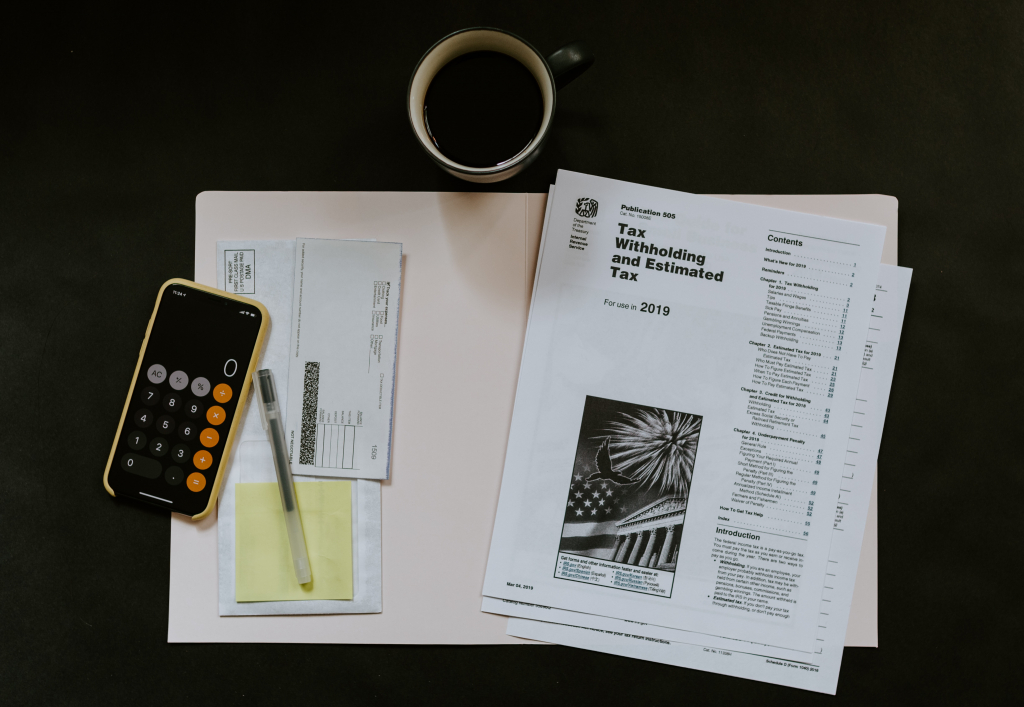Landlords encounter a lot of financial hurdles in their rental business. Common causes of financial strain are tenants who are negligent when it comes to paying rent; unexpected maintenance and repair costs; little to no income in times when the vacancy rate is high; and tax charges that are off the roof.
Thankfully, the U.S. government has several housing programs that not only provide affordable homes to tenants, but also reward landlords for taking part in the programs by giving them financial assistance and stability.
These programs can be considered by landlords to help them succeed in the rental housing industry:
Section 8: Housing Voucher Program
This program is the U.S. government’s rental-assistance program in cooperation with the Department of Housing and Urban Development (HUD) and local Public Housing Authorities (PHAs) across the country.
Section 8 tenants are low-income individuals/families who earn less than half of the median income in their area. Usually, the tenants pay 30% of their rent, and the rest is shouldered by the government.
If a landlord enrolls their properties under the program, they can enjoy benefits such as the assurance of receiving rent on time (even at least 70% of it); having tenants who follow the leasing contract (including on-time payments) for the fear of losing their housing voucher; and shorter time to fill up a vacancy because there’s a larger pool of potential tenants.

However, there are also a few drawbacks to the program in the part of the landlord. These include limitations in terms of setting rent prices and implementing rent increase because it needs to be approved by the housing authority; and annual inspections that could cost you a lot if an inspector will require you to conduct multiple repairs.
Section 42: Low-Income Housing Tax Credit
This program reduces the tax liability of investors who built (or are building) affordable housing and cap rent fees for Section 42 renters. Investors receive a reduction in their federal income tax for 10 years, including deductions and tax losses on accrued subordinate financing.
The program rewards investors by allowing them to make a profit while receiving funding so they can recoup the capital they invested.

However, like with Section 8, rental rates and increases will depend on what the housing authority allows. Also, a fixed utility allowance will be given to a tenant and will be deducted from the maximum allowable rent a landlord can charge. For example, if the utility allowance is $75 and the landlord charges his maximum allowed rent of $500, then he is restricted to collect only $425. It wouldn’t matter how much of the utility allowance the tenant will consume.
Other government programs similar to Section 8 and Section 42 are Rural Rental Housing Loans (Section 515) and the Rural Rental Assistance Program (Section 521).
Section 811- Supportive Housing for Persons with Disabilities
Non-profit investors can benefit from this program. They can receive capital advances and subsidies if they build properties that would provide housing to individuals with disabilities and low income. Investors qualified for Section 811 can also receive project rental assistance to cover operational costs.
Non-profit investors should not earn any income from the projects funded by Section 811. It is a charitable investment, not a profitable one, but still rewarding nonetheless.

Another similar government program is Section 202 or The Supportive Housing for the Elderly Program. It is also exclusive to non-profit investors.
Just like in any other business decisions, deciding to take part in government housing programs have advantages and disadvantages. It is the landlord’s responsibility to weigh those factors.
If they decide to do so, they would be able to enjoy the advantage of attracting a wider market since many home hunters are members of these programs, if your application gets approved. Make sure to create listings that mention your participation in such programs. Upload them on property listing management platforms like Padleads.com where your listing can grab the attention of hundreds of housing program members.